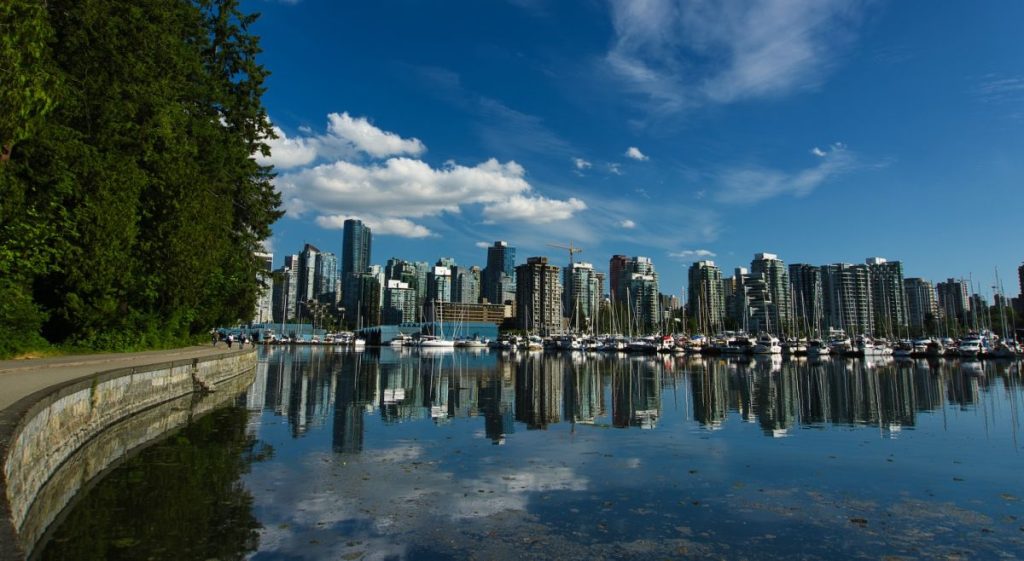Customs Clearance Guide for Shipping Vancouver

Customs clearance for shipping to Vancouver, Canada, involves a specific set of procedures and requirements. Here is a customs clearance guide with a focus on Vancouver shipping:
Understand Canadian Customs Procedures:
Canada Border Services Agency (CBSA) oversees customs procedures in Vancouver. Familiarize yourself with Canadian customs regulations.
Choose a Customs Broker:
Consider working with a licensed customs broker who is experienced with Vancouver shipping. They can assist in navigating the customs process, ensuring compliance, and minimizing delays.
Properly Classify Your Goods:
Accurate classification of your goods using the Harmonized System (HS) code is crucial. The HS code determines the applicable duties and taxes. The broker can assist with this.
Prepare Documentation:
Gather essential documents, including:
- Commercial invoice
- Bill of lading or airway bill
- Packing list
- Import permit (if required)
- Certificate of origin
- Customs declaration form (e.g., Canada Customs Invoice)
- Submit the Customs Entry:
Your customs broker will electronically submit an entry to CBSA. This declaration includes details about your goods, their value, and origin.

Payment of Duties and Taxes:
Calculate and pay any customs duties and taxes, which are determined by the HS code and the value of the goods. Payment can typically be made through various methods, including electronic funds transfer.
Goods Inspection:
Be prepared for potential inspections. CBSA may physically inspect your shipment to verify its contents and compliance with regulations. Ensure your goods are accessible for inspection.
Release of Goods:
Once CBSA is satisfied with the documentation and any inspections, they will release your goods for further transportation or delivery.
Record Keeping:
Maintain copies of all customs-related documents for a specified period as required by Canadian customs regulations.
Local Regulations and Requirements:
Vancouver may have specific regulations and requirements related to certain goods. Ensure compliance with local laws, including health, safety, and environmental standards.
Stay Informed:
Customs regulations change over time. Stay updated on the latest requirements by visiting the CBSA website or consulting with your customs broker.
Technology and Online Tools:
CBSA offers online tools and resources to facilitate customs clearance. Utilize these resources for a smoother process.
Duty and Tax Relief Programs:
Explore any available duty and tax relief programs or trade agreements that may benefit your shipment.
Seek Professional Assistance:
If the customs clearance process seems complex, consider seeking guidance from customs experts, customs brokers, or freight forwarders with experience in Vancouver shipping.
